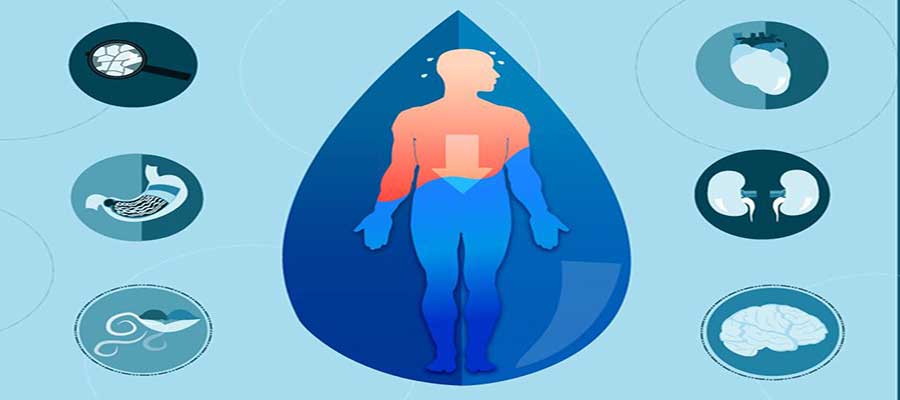Cancer has now become a growing threat to this world. About 1.8 million cancer patients are diagnosed in the US every year. But still, a sure-shot cure for this disease is yet to be found. The conventional treatments include chemotherapy and anti-cancer drugs which come with their own side effects. Other methods like immunotherapy and targeted therapy are still in their early stages. In the circumstances, it’s fair to say that prevention is far better than cure.
However, very little emphasis is being put on identifying and addressing the root causes of this fatal ailment. So, in this article, we will discuss certain commonalities every cancer patient has. This will enable you to know about the modifications that you need to make in your lifestyle so that you can prevent this life-threatening disease in the first place.
Contents

Constipation is especially dangerous for women as it triggers the reabsorption of the excess estrogen by the liver and back into the body. This increases the risks of ovarian and breast cancers.
So, if you have constipation, you must get it fixed immediately to prevent any fatal consequence.
Read Also: 5 Tips on How to Identify Fake Drugs


Chronic sleep deprivation impairs your immune system making you more vulnerable to cancer. A study published by the National Sleep Foundation showed that sleep-deprived women had 30% higher chances to develop breast cancer.

Luke Coutinho, a renowned holistic cancer healer revealed in an interview that almost 97% of his patients reported going through extreme emotional distress six months to one year before having cancer. So, if you have any emotional issues due to the loss of a loved one, divorce, property dispute, or anything else, you must seek some healing before they have a major setback on your physical health.
Read Also: How to Reconstitute Oral Suspensions [Step-by-Step Guide]
Cancer has a direct correlation with the lack of physical activities in one’s life. In fact, a study reveals that the US alone has 135,000 yearly deaths due to cancers that are attributed to physical inactivity.
So, one of the best ideas to prevent cancer is to keep moving. Not only does it ensure a proper energy flow in your entire body but it also boosts your immunity to fight the growth of cancer cells. That’s the reason why many cancer healers prescribe some form of exercise and yoga even for those patients who are going through their diagnosis.

Related keywords for article 6 Striking Things Every Cancer Patient Had In Common: What causes cancer in a cancer patient?